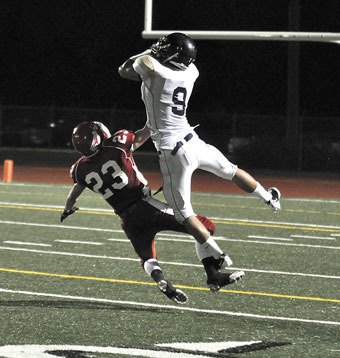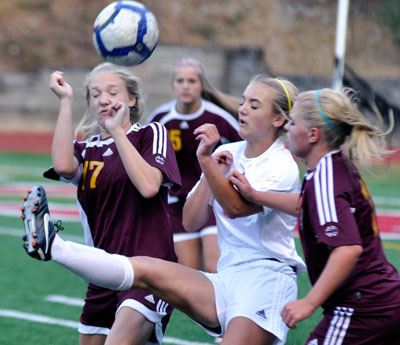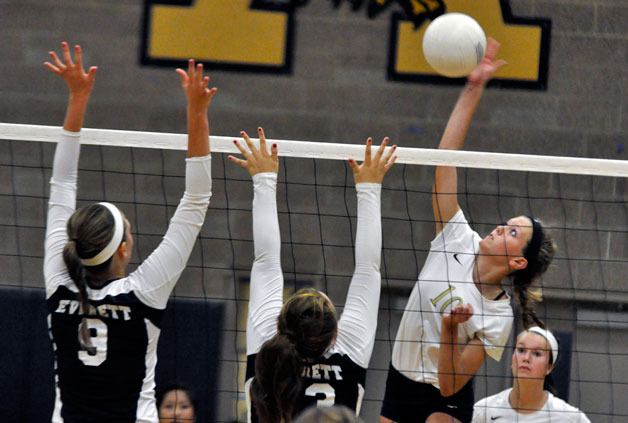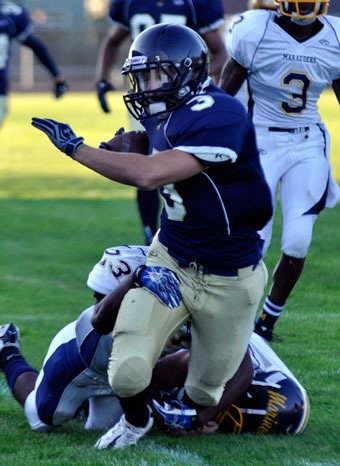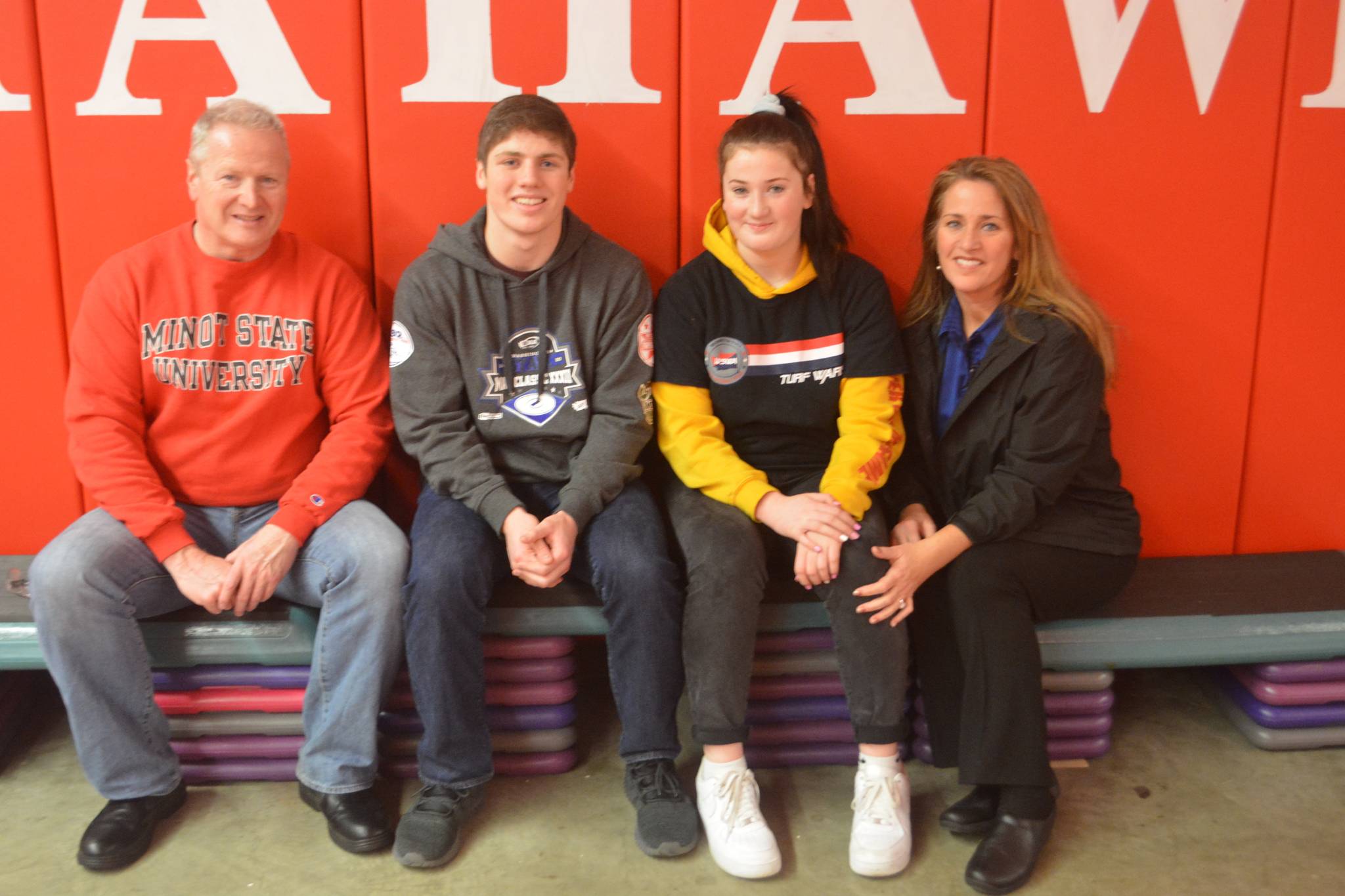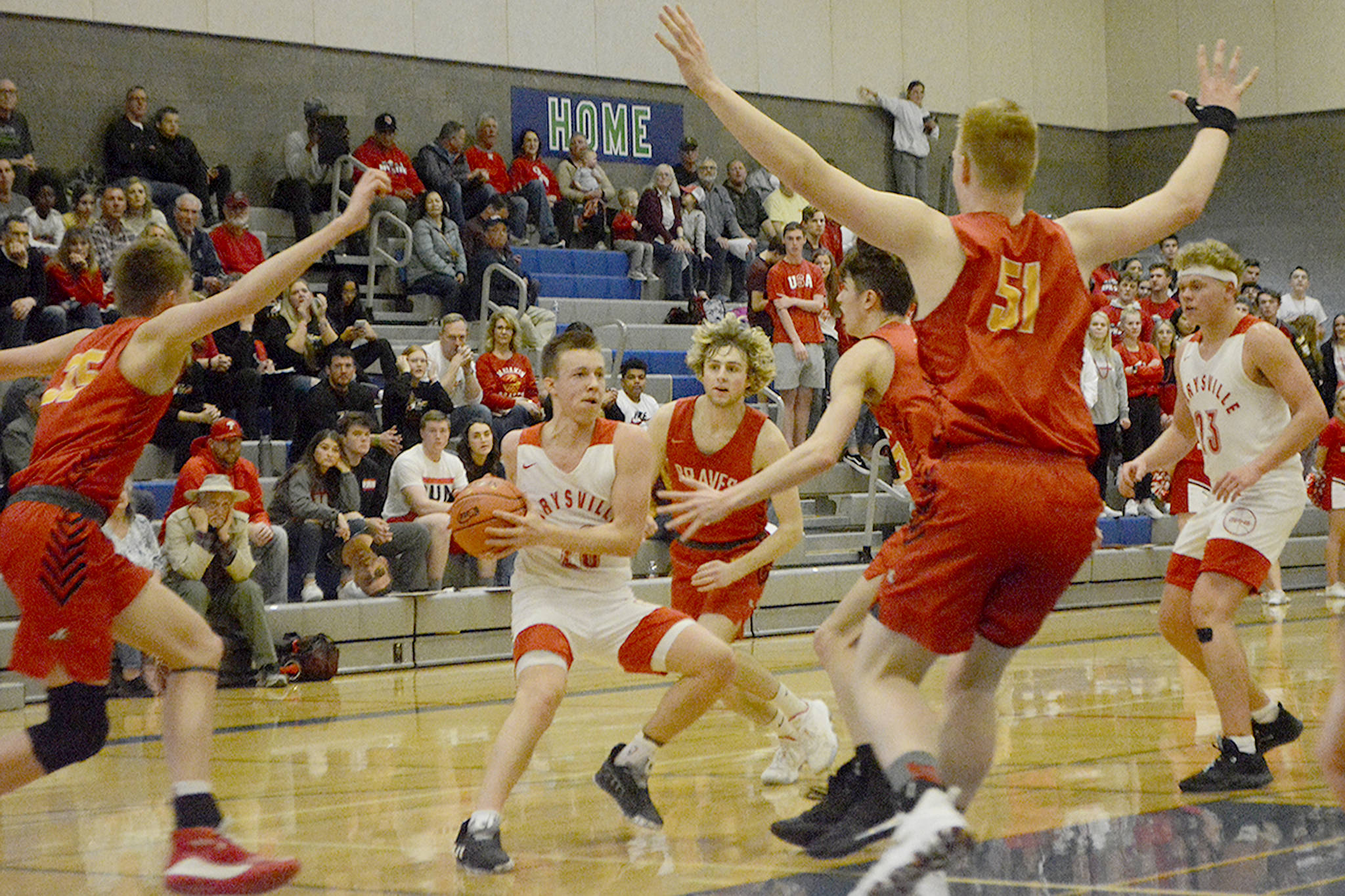Almost everywhere I’ve gone this year, I can hear the effects of sickness. I’m not just talking about sniffles either.
About this time every year, post-game interviews start to revolve around sickness and teams staying healthy — that is just how it goes when dealing with schools.
But this year is different. This year you can see coaches have to plan around which players are healthy this week and which aren’t. But no game I have ever seen showcased germs more than Marysville-Pilchuck soccer vs. Snohomish Oct. 27.
I did not envy coach Gary Riozzi that night — or any of his girls. All but a couple of Riozzi’s Tomahawks were ill, forcing him to rotate his players from the infected, bundled-up mass on the bench to the remaining nine positions on the field almost every five minutes.
“It’s just crazy,” said Riozzi, who spent the entire game pacing roughly five yards away from his bench and warning me to do the same. “And we’re not the only ones.”
And he’s right. Arlington athletic director Tom Roys said that this year has been the worst for sickness he’s seen.
“I think that, besides cross country, we’ve had every one of our team’s cancel a practice because too many kids were sick,” he said.
And I’m not talking about the mythical Michael-Jordan flu, where he collapses after the game, but somehow musters the energy drop 38 points on the Jazz in the finals. We’re talking about kids puking on the sideline and playing in near freezing weather.
“I think it might be a little worse than other years,” said M-P athletic director Greg Erickson. “But I also think that illness in general has just gotten more focus and talk about it because of H1N1 — and we haven’t see much of that here.”
Whatever the affliction, however, it has gotten to the point where the Snohomish County Health District issued a memo to the Washington Interscholastic Activities Association recommending the discussion of canceling overnight traveling to events such as the state tournament.
“That’s never going to happen,” Riozzi said. “What are they going to do? Give everybody the title?”
Roys said that the WIAA looked into it, but decided the problem was limited to Snohomish County.
Nevertheless, in some cases, athletes are urged to stay home while the team travels.
“The trouble with high school kids is that they want to compete,” Roys said. “And that is where the coach has to make a decision not to bring a player back too early and risk infecting two more.”
But what happens when, like Riozzi, your whole team is sick?
I can feel for him because his kids want to play, despite hacking up a storm on the sideline when not in the game.
